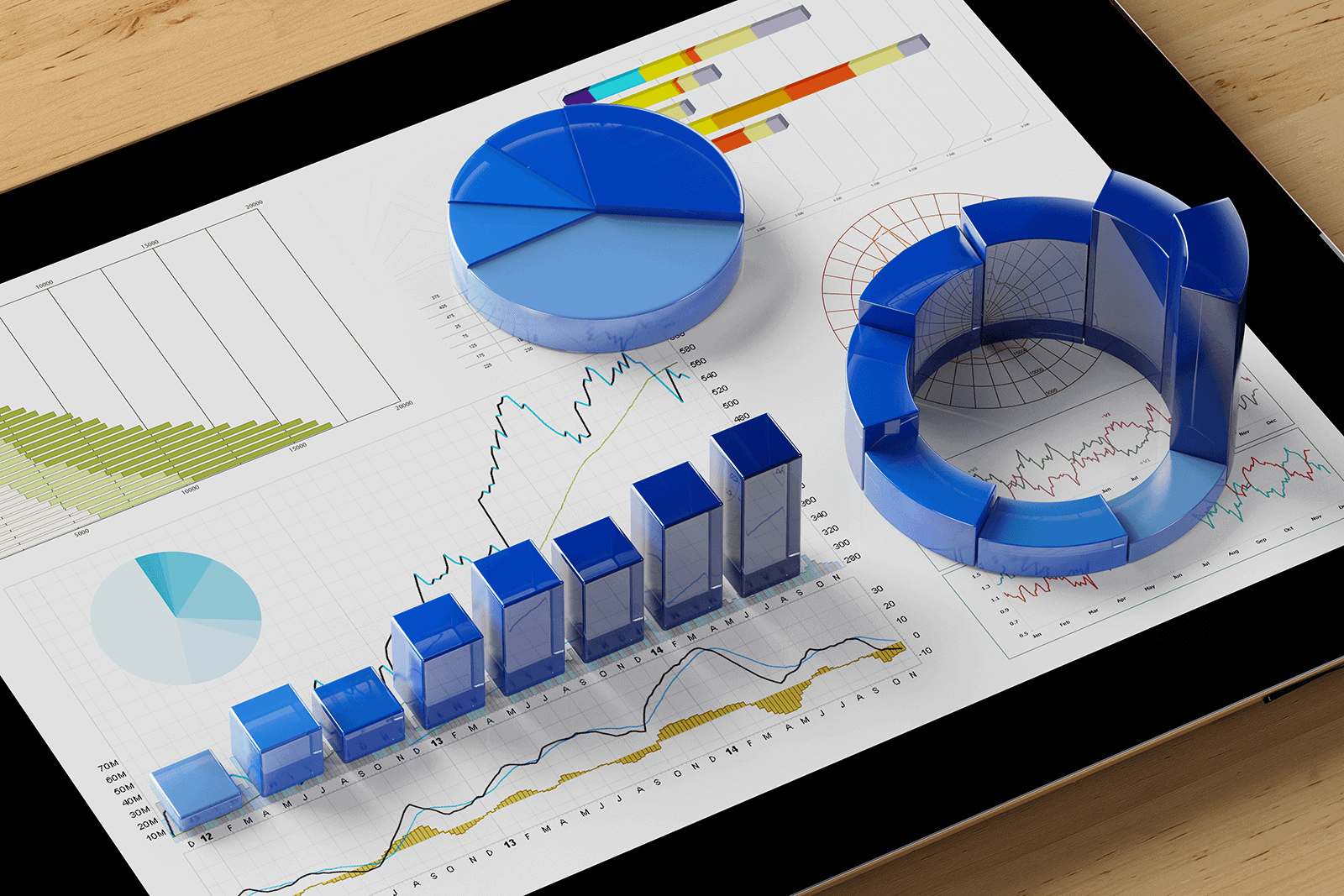Maximizing your budget for measurable results.
Introduction
Gestione campagne Ads è un processo fondamentale per ottimizzare il budget e ottenere risultati misurabili nelle campagne pubblicitarie online. Grazie a strategie mirate e all’analisi dei dati, è possibile massimizzare il rendimento degli investimenti e raggiungere gli obiettivi di marketing prefissati.
Strategies for Optimizing Your Budget in Ads Campaign Management
In the world of digital marketing, managing ad campaigns is a crucial aspect of reaching your target audience and driving conversions. One of the key components of successful ad campaign management is optimizing your budget to ensure that you are getting the most out of your advertising dollars. By carefully planning and monitoring your ad spend, you can maximize the effectiveness of your campaigns and achieve measurable results.
One of the first steps in optimizing your ad budget is to set clear goals for your campaign. Whether you are looking to increase brand awareness, drive website traffic, or generate leads, having a clear objective will help you determine how much you should be spending on your ads. By setting specific, measurable goals, you can track the success of your campaigns and make adjustments as needed to ensure that you are getting the best return on investment.
Once you have established your goals, it is important to carefully plan your budget allocation. Consider factors such as your target audience, the platforms you will be advertising on, and the timing of your campaigns. By allocating your budget strategically, you can ensure that you are reaching the right people at the right time with the right message. This will help you maximize the impact of your ads and drive better results.
In addition to planning your budget allocation, it is important to monitor the performance of your campaigns regularly. By tracking key metrics such as click-through rates, conversion rates, and return on ad spend, you can identify areas where your campaigns are performing well and areas where they may need improvement. By analyzing this data, you can make informed decisions about how to adjust your budget to optimize your results.
One effective strategy for optimizing your ad budget is to use A/B testing. By testing different ad creatives, messaging, and targeting options, you can determine which elements are most effective at driving conversions. By running multiple variations of your ads simultaneously and comparing the results, you can identify the best-performing strategies and allocate more of your budget to those tactics. This will help you maximize the impact of your campaigns and achieve better results with your advertising dollars.
Another important aspect of optimizing your ad budget is to leverage data and analytics to make informed decisions. By tracking the performance of your campaigns and analyzing the data, you can identify trends and patterns that can help you make strategic adjustments to your budget allocation. By using data-driven insights, you can ensure that you are making the most of your advertising budget and achieving measurable results.
In conclusion, optimizing your ad budget is a critical component of successful ad campaign management. By setting clear goals, carefully planning your budget allocation, monitoring performance, using A/B testing, and leveraging data and analytics, you can maximize the effectiveness of your campaigns and achieve measurable results. By following these strategies, you can ensure that you are getting the most out of your advertising dollars and driving success for your business.
Measuring Results in Ads Campaigns: Key Metrics to Track
In the world of digital marketing, running ads campaigns is a common practice for businesses looking to reach their target audience and drive conversions. However, simply running ads is not enough to guarantee success. It is essential to monitor and measure the performance of your campaigns to ensure that you are getting the best return on your investment. This is where tracking key metrics comes into play.
One of the most important metrics to track in your ads campaigns is the click-through rate (CTR). The CTR measures the percentage of people who click on your ad after seeing it. A high CTR indicates that your ad is resonating with your target audience and is compelling enough to drive them to take action. On the other hand, a low CTR may indicate that your ad is not effectively capturing the attention of your audience, and adjustments may be needed to improve its performance.
Another crucial metric to track is the conversion rate. The conversion rate measures the percentage of people who take a desired action after clicking on your ad, such as making a purchase or signing up for a newsletter. A high conversion rate indicates that your ad is effectively driving users to take action, while a low conversion rate may indicate that there are barriers preventing users from completing the desired action. By tracking the conversion rate, you can identify areas for improvement and optimize your campaigns for better results.
In addition to tracking CTR and conversion rate, it is also important to monitor the cost per acquisition (CPA) of your ads campaigns. The CPA measures the cost of acquiring a new customer through your ads. By tracking the CPA, you can ensure that you are not overspending on acquiring new customers and can make adjustments to optimize your budget for better results. A high CPA may indicate that your ads are not effectively targeting the right audience or that your messaging is not resonating with users, while a low CPA indicates that your ads are performing well and driving conversions at a cost-effective rate.
Furthermore, tracking the return on investment (ROI) of your ads campaigns is essential for measuring the overall success of your marketing efforts. The ROI measures the revenue generated from your ads campaigns compared to the cost of running those campaigns. A positive ROI indicates that your ads are generating more revenue than they cost to run, while a negative ROI may indicate that adjustments are needed to improve the performance of your campaigns. By tracking the ROI, you can ensure that your ads are driving tangible results for your business and make informed decisions about where to allocate your marketing budget for maximum impact.
In conclusion, tracking key metrics in your ads campaigns is essential for optimizing your budget and driving measurable results. By monitoring metrics such as CTR, conversion rate, CPA, and ROI, you can ensure that your ads are effectively reaching your target audience, driving conversions, and generating a positive return on investment for your business. By continuously monitoring and analyzing these metrics, you can make data-driven decisions to improve the performance of your ads campaigns and achieve your marketing goals.
Tips for Effective Campaign Management in Ads: Getting the Most Out of Your Budget
In the world of digital marketing, managing advertising campaigns effectively is crucial for achieving measurable results. Whether you are running ads on Google, Facebook, or any other platform, optimizing your budget is key to maximizing your return on investment. By carefully planning and monitoring your campaigns, you can ensure that every dollar spent is working towards your marketing goals.
One of the first steps in effective campaign management is setting clear objectives. Before launching any ads, it is important to define what you want to achieve with your campaign. Whether it is increasing brand awareness, driving website traffic, or generating leads, having specific goals will help you tailor your ads and measure their success.
Once you have established your objectives, it is time to create a budget that aligns with your goals. It is essential to allocate your budget strategically across different campaigns and ad sets to ensure that you are reaching your target audience effectively. By monitoring the performance of each campaign, you can reallocate funds to the most successful ones and optimize your budget for maximum impact.
In addition to budget allocation, it is important to continuously monitor and analyze the performance of your ads. By tracking key metrics such as click-through rates, conversion rates, and cost per acquisition, you can identify which ads are performing well and which ones need improvement. This data-driven approach allows you to make informed decisions about where to invest your budget for the best results.
Another crucial aspect of effective campaign management is A/B testing. By testing different ad creatives, copy, and targeting options, you can identify what resonates best with your audience and optimize your campaigns accordingly. A/B testing allows you to refine your ads over time and improve their performance, ultimately leading to better results and a higher return on investment.
Furthermore, it is important to stay up to date with the latest trends and best practices in digital advertising. The landscape of online marketing is constantly evolving, and staying informed about new features and strategies can give you a competitive edge. By keeping abreast of industry developments and experimenting with new tactics, you can stay ahead of the curve and drive better results for your campaigns.
In conclusion, effective campaign management is essential for optimizing your budget and achieving measurable results in digital advertising. By setting clear objectives, strategically allocating your budget, monitoring performance metrics, conducting A/B testing, and staying informed about industry trends, you can maximize the impact of your ads and drive success for your marketing efforts. With careful planning and continuous optimization, you can ensure that every dollar spent on advertising is working towards your business goals.
Conclusion
In conclusione, la gestione delle campagne Ads è essenziale per ottimizzare il budget e ottenere risultati misurabili. Con una strategia ben pianificata e monitorata costantemente, è possibile massimizzare l’efficacia delle campagne pubblicitarie online e raggiungere gli obiettivi di marketing prefissati.




